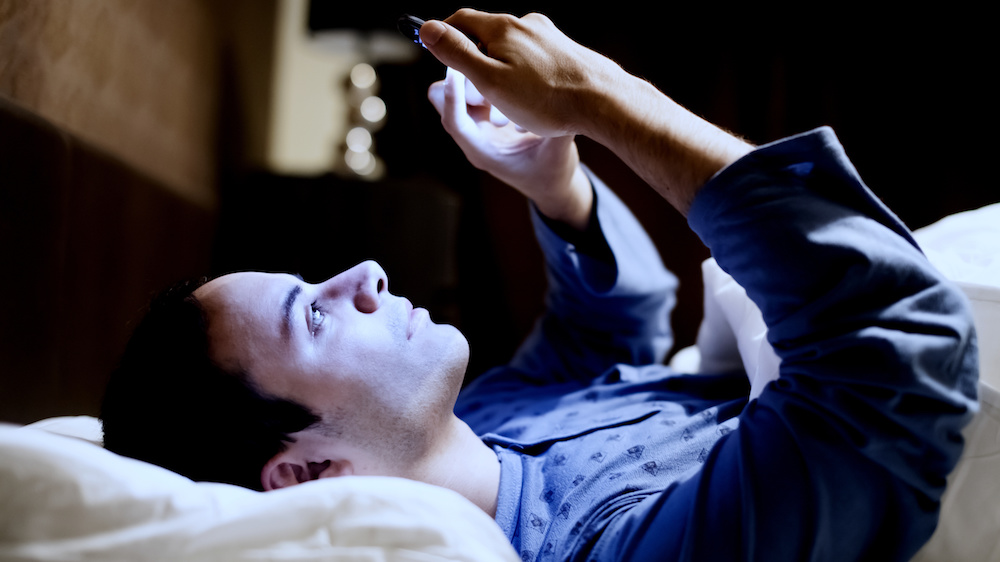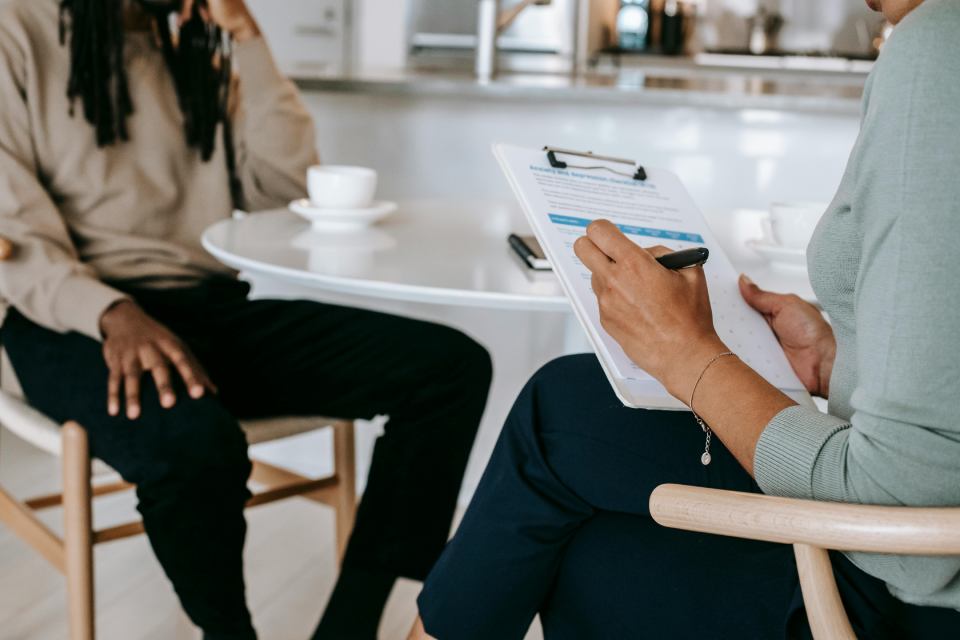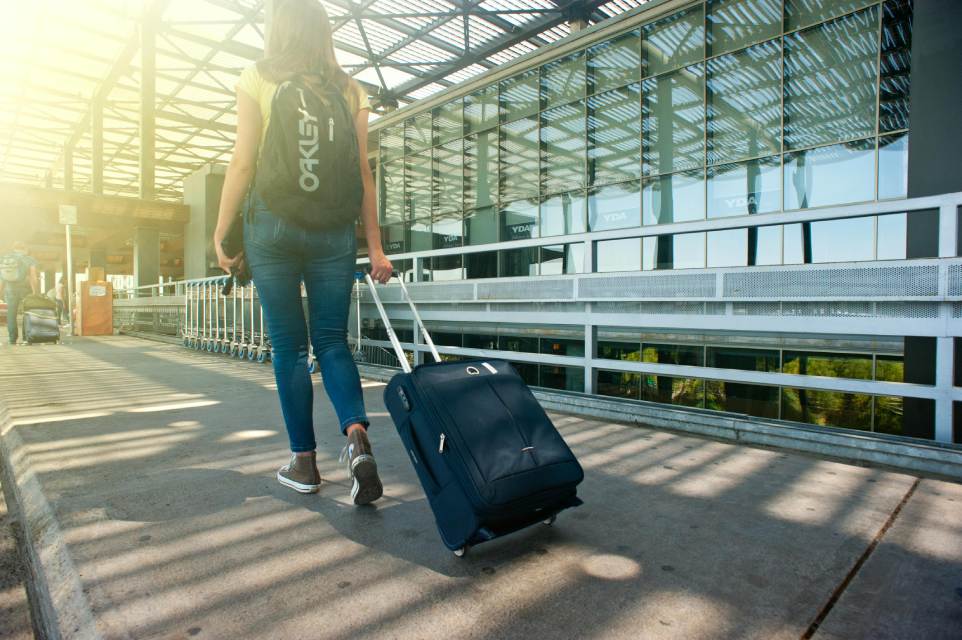The average Brit is only able to fully relax for 36 minutes a day – just three hours across the working week, new research reveals.
The study into the working patterns and downtime of 2000 people found seven in 10 feel ‘overworked’ – with work stress and too few proper breaks the leading causes of a lack of ‘me time’. When quizzed on where the pressure in their lives originates, Brits were most likely to cite the stress around saving money and general worries over work as the driving factors for not being able to fully relax.
The research was commissioned by PG tips Green Tea to mark the launch of its campaign to re-energise the nation and encourage people to take regular breaks. It also reveals less than half (47%) of workers take a proper break every day, with one in 10 feeling they never take a break in a typical work day.
In fact, as many as 30% of those polled feel it has been over six months since they felt fully able to break from work and recharge. And the build-up is taking its toll – the average worker makes three mistakes every week, more than 150 a year, because of tiredness, according to results.
With the nation over-worked and under-rested, the report also reveals an exciting new school of thought that reveals the colour green could hold the key to helping the nation supercharge their breaks to feel more refreshed.
As part of the campaign, PG tips Green Tea produced a ‘green paper’ report – a wide-reaching review of well-documented studies exploring the psychological benefits of the colour green. The report highlights a range of untapped benefits, including the concept of ‘eco-therapy’. Numerous studies have confirmed that access to green spaces improves feelings of positivity and wellbeing as a result of spending time outdoors.
But the green paper report reveals it isn’t only the ‘green outdoors’ that has this effect; our primal association with the colour extends to many forms, with workplaces citing improved productivity among workers when the walls are painted green.
In fact, even consuming ‘green’ food and drink – from leafy vegetables to green tea – has also been shown to produce feelings of energy and invigoration simply by association.
This fresh perspective on the ‘power of green’ could hold the key to maximising our ‘me-time’ to boost feelings of positivity and reinvigoration – further insights reveal that even when people do manage a five-minute break at work, it’s rarely beneficial – just one in five said they feel refreshed after stopping. And while a break is most likely to include a cup of tea (45%), a third of people won’t even leave their desks and will browse online, while a quarter will do life admin such as paying bills or shopping online.
Even when ‘relaxing’ at home, one in four admits they zone out in front of the TV, while nearly a third (32%) are on the phone, leading to a lack of feeling properly refreshed. Perhaps that’s why just 29% of people said that they feel able to fully relax when getting time to themselves.












